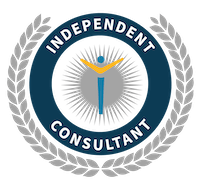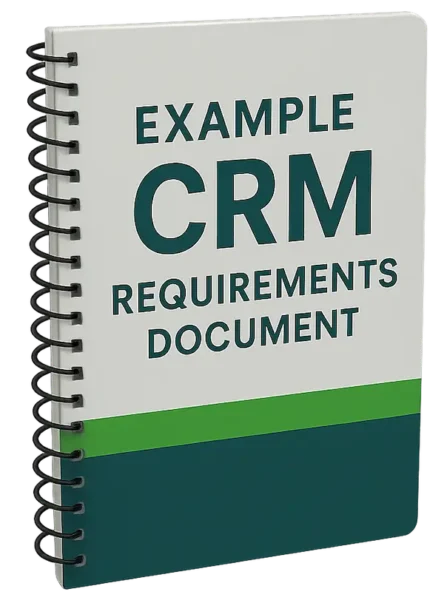 If you’re thinking about buying CRM, you may have run across a few vendors that offer versions of their products for free. Lots of companies buying CRM are tempted by the offer of a “free” system to manage their marketing and sales information. Just imagine being able to manage your contacts, catalog customer data, and track campaign goals—all without paying a dime. Sound too good to be true?
If you’re thinking about buying CRM, you may have run across a few vendors that offer versions of their products for free. Lots of companies buying CRM are tempted by the offer of a “free” system to manage their marketing and sales information. Just imagine being able to manage your contacts, catalog customer data, and track campaign goals—all without paying a dime. Sound too good to be true?
In business, as in life, if it sounds too good to be true, there’s probably a catch. Putting all of your sales data, the lifeblood of your company, into a free CRM system comes with some inherent risks, and more than a few hidden costs. When you look at some of the problems associated with “free” CRM systems, you can see that paying up front for CRM is usually a worthwhile investment.
Bells and Whistles
Most free CRM systems don’t offer all of the options and features available with paid systems. They typically offer a barebones program that can manage a limited number of contacts, can only handle a set volume of messages, and provides minimal calendar functions. For mobile access to the CRM system, about the best you can hope for is an API that will let you program your own mobile applications. And, the free CRM probably won’t integrate with commonly used business products like Office and Outlook. Getting your “free” CRM to work with your other products and devices may be impossible.
Out on a Limb
Setting up, testing, and deploying an enterprise-wide CRM system is not an easy task. The paid providers, working with a team of experienced programmers, may take a month to deploy a new system. With a free system, you’ll be doing it on your own. Installing the software, learning how to use it, and training others will be left up to you. When deploying the new system, getting all of your agents up to speed is imperative for the overall success of the system. If they get frustrated trying to learn the system, they might just abandon it for the system they’ve always used. If that happens, all the time and effort you put into the “free” system is wasted.
What Tech Support?
While the new system is being put into place, there will be technical issues that you can’t solve on your own. There could be data entry issues, device compatibility problems, or you may just have questions about the software itself. Buying CRM from a paid provider typically gives you access to experts who can walk you through problems. With free CRM, the best you can usually hope for is a forum where other users have posted their problems and solutions. Slogging through pages of advice from laymen may solve your problem, but not with the speed or certainty of professional tech support.
Everyone Pays … Eventually
If everything goes perfectly (it won’t), you’ll get your free CRM system up and running without a hitch. In just a few weeks, everybody is up to speed, and things are running nicely. After a while, it becomes obvious that CRM is a good thing, but you need more functionality. Your sales team wants a system that works with their mobile devices, accounting wants integration with Microsoft Office products, and your managers want something that includes an ERP. The free CRM doesn’t offer any of those features, so now you’ve got to either pony up and upgrade to the paid version of the system you’re currently on (assuming that’s an option), or look for a new, paid system to make everyone happy. If you have to migrate to a new system, what about all of that data? Over the past months, thousands of entries have been made. Customer contact information, demographic data, social interactions, and more is stored in your free CRM. Everyone in your company has been inputting information for months—now, how do you get it out?
Data from a free CRM probably isn’t going to migrate seamlessly to a new system, which means you’re either locked into the feature set of the paid version of the system you’re on, or you’re going to have to pay a consulting company a considerable amount to get your data out of the free solution and into a competing product. You could try and do all this yourself, but any mistakes could lead to lost contact info, data incompatibility, or a number of other show stoppers. The work-hours it will take to enter, check, and re-check that data could easily have paid for a complete CRM system to begin with.
Choose Wisely
CRM is a business investment. While free CRM systems aren’t necessarily bad, you will likely encounter limitations during setup, while using the system, and if you ever need to change systems. Like everything else, and especially with CRM, you really do get what you pay for. Evaluating, selecting, and buying CRM is a process that should be approached like every other major business decision. It’s easy to be lured by the bright flashing “free CRM” signs that light up search results when the time comes to get something in place. But at the end of the day, whether you pay up front for the software or not, you’re still buying CRM one way or another.



